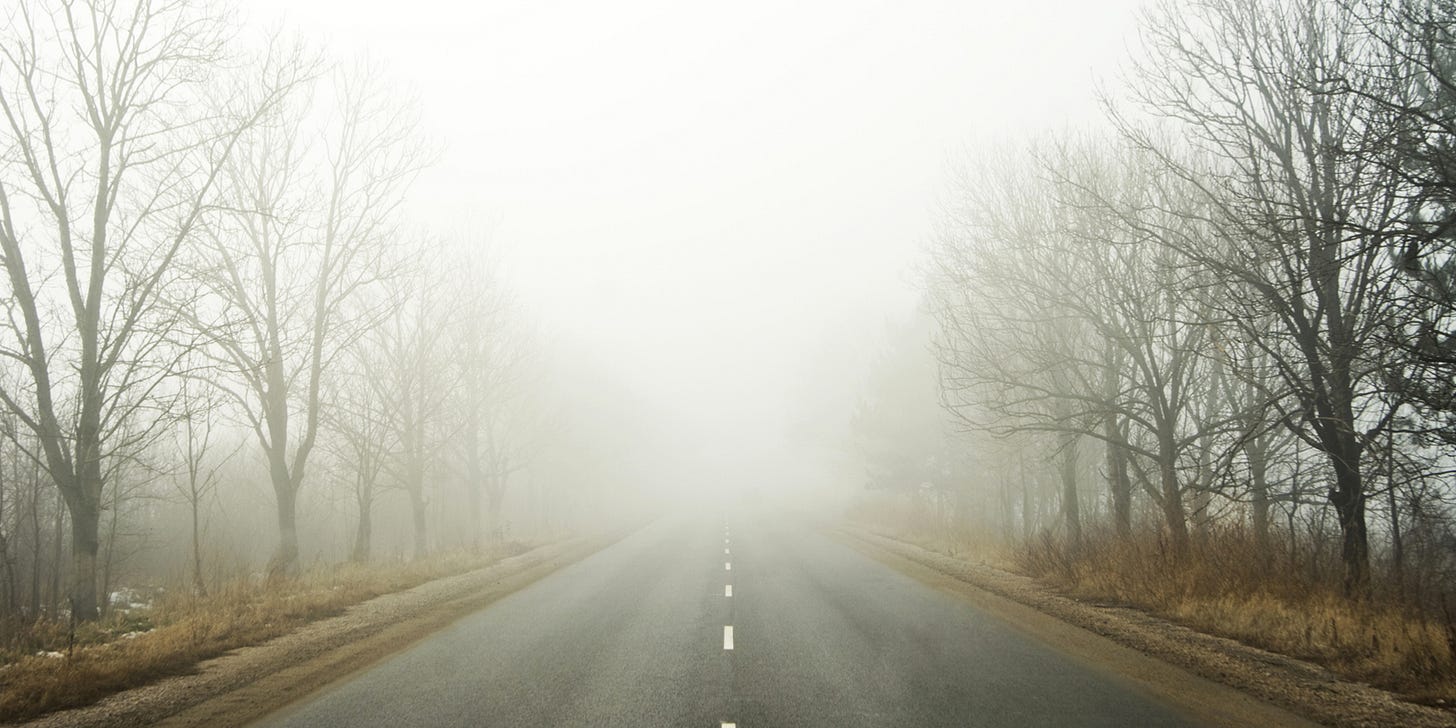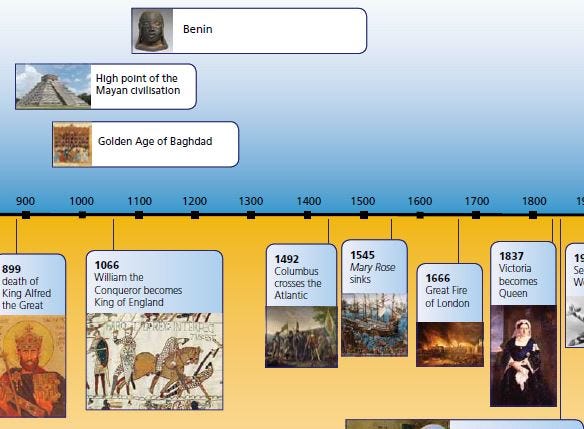How Dense is History?
Why the Medieval History is not a history in any conventional sense
I have a problem with how history is taught at school. And a major part of this problem is that the conventional curriculum fails to show the method of history.
At best, it only shows the results.
With natural sciences, it is different. A good high school will have a chemistry lab, a physics lab, and a biology lab, for the students to do experiments in. Why? Because the methodology of these sciences does rely upon the experimental work, and the students are supposed to familiarise themselves with this methodology.
You should not only memorise the results. You should also understand how these results are established and, ideally, get some taste of establishing them yourself. You get your hands dirty, learning the method of science and its way of reasoning.
You do not only learn what we know. You also learn how we know what we know.
And that is because natural sciences are taught sensibly, or at least they try to teach them sensibly. With history, on the other hand, they don’t even try.
How they teach history at school
A sequence of events
In almost all cases, the structure of a high school history course is structured as a series of events. A quality student will memorise the sequence of rulers or kings, of wars, of political havocs and revolutions. An excellent quality one will familiarise himself with the events of cultural, economic or social significance. A perfect student will not only master a particular chronological sequence relating to his own country or region, but will also develop a rough understanding of how it corresponds with other sequences, relating to other regions.
How does your sequence correspond to other sequences
What you get as a result, is a mapped chronology of a nation state.
Under the very best scenario, you get a mapped chronology of a few nation states.
Which is something.
Angkor Wat and Durham Cathedral are contemporaries
How they should teach history
I believe that to teach history adequately, we need to introduce two key concepts:
a) Depth.
b) Density
How long we know it, and how well we know it. Two different things.
Let’s start with depth. Depth, we all understand. In fact, a quality school course goes at a great length to convey the feeling of how deep the history is.
Consider this list:
Even this, most basic representation, gives some general understanding of depth. Our history goes back in time for so many centuries. There is the King A, the King B, the King C…. the King N, all the way from the Very Ancient Times till the present.
That is not wrong, and the list represents the sequence correctly. That is, indeed, how many reigns there were. The list does represent the depth.
What it fails to convey is the feeling of density.
Like, yes, there have been so many reigns in our history. How much do we know about them though? Is there any variety or disparity in our knowledge?
A student has no idea. Or rather he has an idea, and this idea is wrong.
The nice and smooth sequence of kings, complemented by an as smooth narrative, gives a false idea that we know all the elements of this sequence equally well. Indeed, in a textbook, in a movie, in a school-level lecture, all of the elements will be zoomed down to exactly the same level of detail.
Here is the King A, and details of his reign, King B, and details of his reign, King N and details of his reign. When the sequence is presented this way, it creates an illusion that we know A and N exactly (or even roughly) to the same degree. It creates an illusion of the density of history being roughly a constant.
But that is not true.
The Density of History
What you should understand about the Western European history, is that its recent history is really, really dense, by any thinkable standard. What does it mean in practice? It means there is lots of data available for the post-1600 period. Lots of it.
Be it Sweden or Swabia, Scotland or Sicily, its recent period is usually documented to an incredible detail. You have rich archives containing detailed information on the lives of urban, and sometimes even rural (!) population of the region. Their quantity and quality is enormous, unparalleled.
Keep reading with a 7-day free trial
Subscribe to kamilkazani to keep reading this post and get 7 days of free access to the full post archives.





